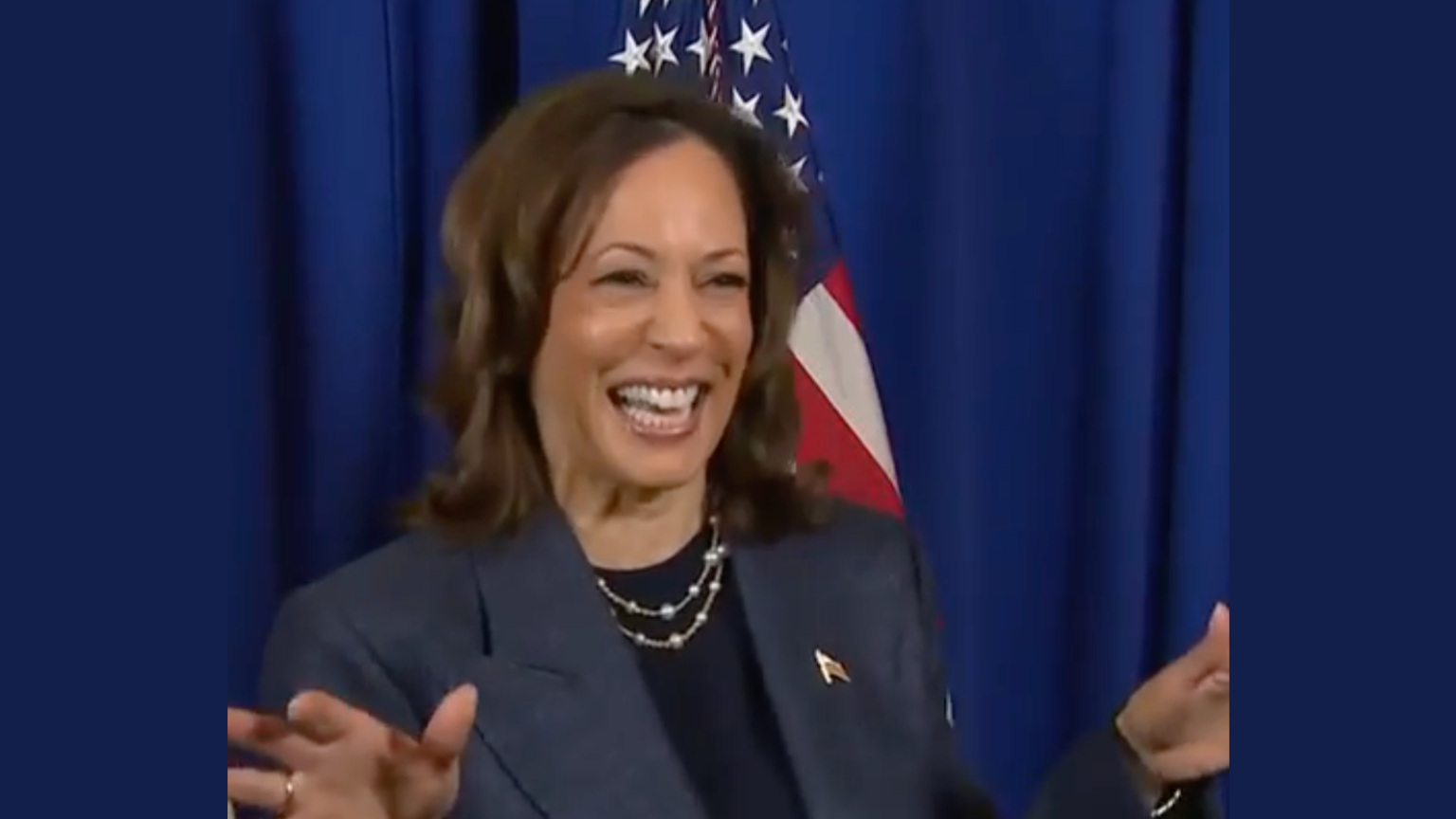Democrat politicians often attract criticism for extravagant spending, particularly in the realm of political campaigns. A glaring example is Vice President Kamala Harris’s campaign, which reportedly raised an impressive one billion dollars but ended up $20 million in debt after their disappointing performance on November 5. This sudden fiscal shortfall left many wondering how such a significant amount of money could vanish, especially given the context of campaign finance. While political campaigns often involve large expenditures, the sheer scale of Harris’s financial mismanagement raises serious questions among donors and voters about priorities and accountability.
Looking back at previous instances of extravagant campaign spending, one can draw comparisons to the infamous case of former Democratic candidate John Edwards, who made headlines in 2007 for spending $1,250 on a single haircut. While this was a shocking indulgence, Harris’s expenses for nail artist Tahvya Krok far exceed that amount, with reports indicating her campaign disbursed a striking $5,000 for nail services. This incident underscores a tendency for excessive spending in the Democratic Party, raising eyebrows among constituents who expect responsible use of campaign funds. The juxtaposition of Harris’s lavish nail expenditure to basic budget needs, like family groceries, provides a stark commentary on the disconnect between political elites and the everyday experiences of Americans.
The broader implications of such frivolous spending reflect a deeper issue often cited in discussions of wealth and privilege among politicians. While voters might overlook a candidate’s hairstyle during televised appearances, which can be more significant in perceiving a candidate’s professionalism, the flashy nail salon bill raises questions about priorities. Here, it appears that cosmetic enhancements may have been prioritized over substantive campaign strategies. Most voters are likely to consider basic grooming as reasonable, but paying exorbitant amounts for cosmetic services can alienate individuals struggling with economic uncertainties.
This disparity further emphasizes the “rules for thee and not for me” mentality that critics often attribute to leftist policies. Democrats advocate for austerity among average Americans, frequently warning of looming crises such as climate change while their administration is perceived as spending lavishly on foreign endeavours and bailing out illegal immigrants. The apparent hypocrisy in this behavioral dichotomy leads to growing sentiments of distrust among constituents, who feel a disconnect between government actions and the hardships faced in everyday life. As the public grapples with rising living costs and deepening economic divides, the perception that politicians are living in an elite bubble distorts what many see as a necessary connection between governance and personal responsibility.
In contrast, other political figures like former President Donald Trump demonstrate a fundamentally different approach regarding wealth and political ambitions. Trump’s campaign was marked by declarations of his billionaire status and a promise to uplift the nation’s economy, aiming to align his personal prosperity with national success. This distinction in messaging and behavior contributes to differing perceptions of accountability among political leaders. While Trump embodies wealth, his evident desire for national prosperity offers a narrative of cohesion between individual success and collective wellbeing that resonates with a segment of the electorate.
Ultimately, Harris’s campaign struggles and extravagant expenditures only serve to reinforce criticisms of her leadership capabilities. The failure to manage substantial campaign finances raises legitimate concerns about her potential governance. Were she to have won, the question becomes whether her management style would reflect the same disorders observed in her campaign. This situation serves as a pertinent reminder to voters about the necessity for leaders who exemplify the principles of fiscal responsibility and genuine connection to their constituents, particularly as both parties navigate the complex landscape of American politics amid growing economic concerns. The need for accountability and exemplary behavior among those in power is paramount in an era when trust in government institutions is increasingly fragile.

